| This blog explores social attitudes in Jane Austen's time, discusses her novels, reviews forgotten 18th century novels, and throws some occasional shade at the modern academy. The introductory post is here. My "six simple questions for academics" post is here. |
 Felicity Jones as Catherine Morland, engrossed in a mysterious gothic
Felicity Jones as Catherine Morland, engrossed in a mysterious gothic Page after page of characters stammering out incoherent remarks (dashes and dots in the original):
- “Thy looks! –I feel them, --they will d---n me yet!”)
- “I cannot pray! –I will not—no—Hell is but reprobation—that is mine already—or will be soon --- ---- ---- --- --- Yet, --but him [Mr. Winstanley, that is] I now hate—I know him,--he knows not me,---no, nor my deeds.—One effort yet, to cool this burning fever, to ease this secret torture, --this---this—Oh, Mortimore! –Mortimore!—Thee!—this—and if I fail! –be they blasted in all hope, --and I!—dark perdition cover me for ever—ever--!”
- “Why Mrs. Courtney uttered such a frantic shriek, or what caused such violent emotion, the reader is left to imagine…”
- “the secrets of another are not my own.”
- "I have already told you... that I never mean to marry."
- "With these incoherent and inexplicable words, he rushed with frantic impetuousity from their presence.”
And holy snapping turtles, this had some lurid stuff; at least, lurid compared to the decorous voice of Jane Austen. This has several same-sex teases, and an incest tease, and a ghost-who-turns-out-to-be not a ghost, adultery and seduction, along with forged letters and other skullduggery. Get your smelling salts out for this one.
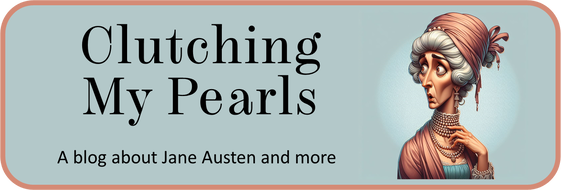
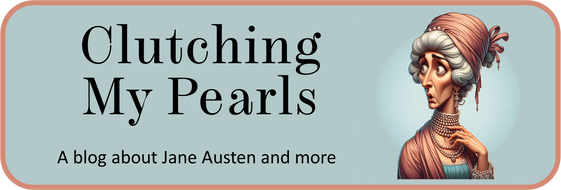
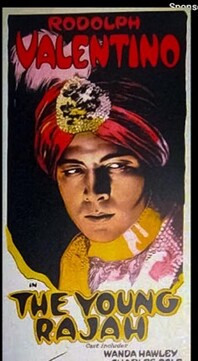
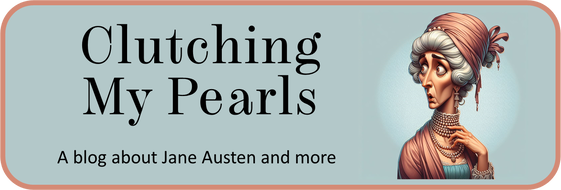
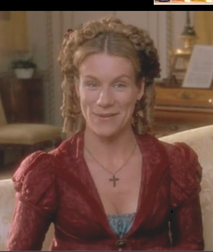
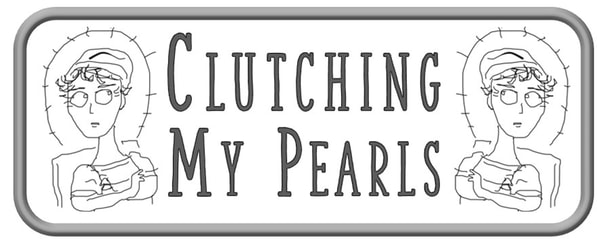
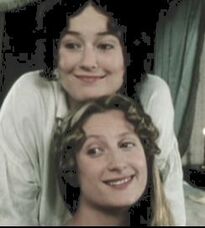
 RSS Feed
RSS Feed